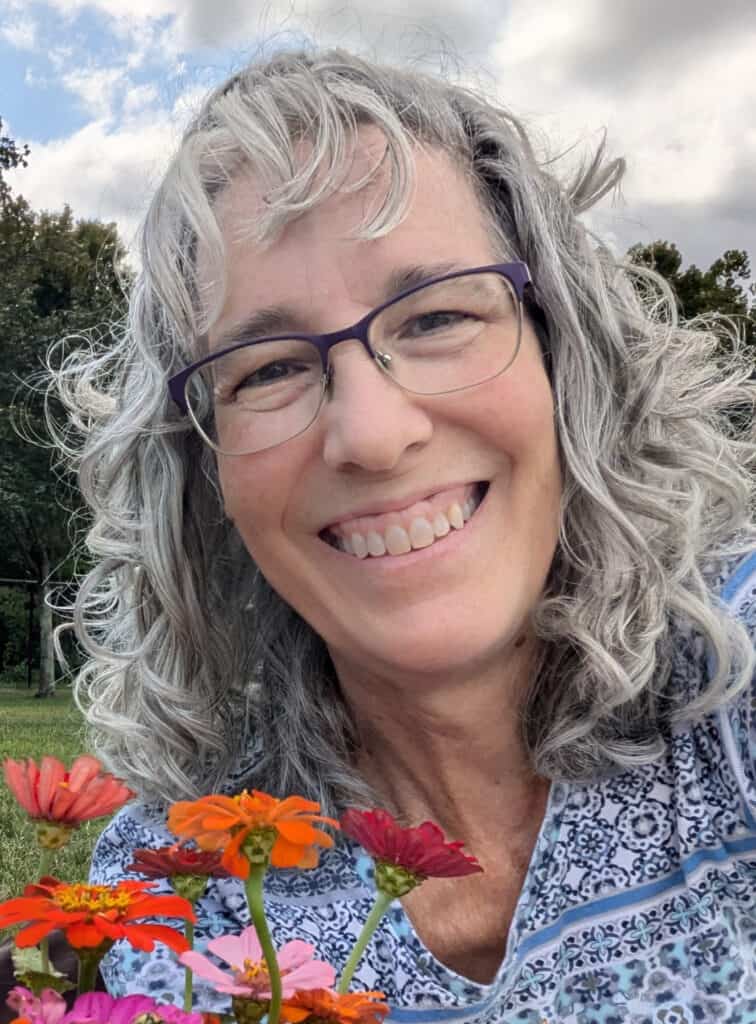April showers bring May flowers and often the uncomfortable symptoms of seasonal allergies. Instead of reaching for over-the-counter antihistamines, get to the root of the problem by choosing a homeopathic medicine instead. Homeopathy can relieve the symptoms of allergies based on the foremost principle of Homeopathy – Similia similibus curentur: “Let likes be cured with like.” Since allergies are often a chronic condition, it will take the skill of a professional homeopath to eradicate them, but when acute symptoms match, the following remedies can be helpful:
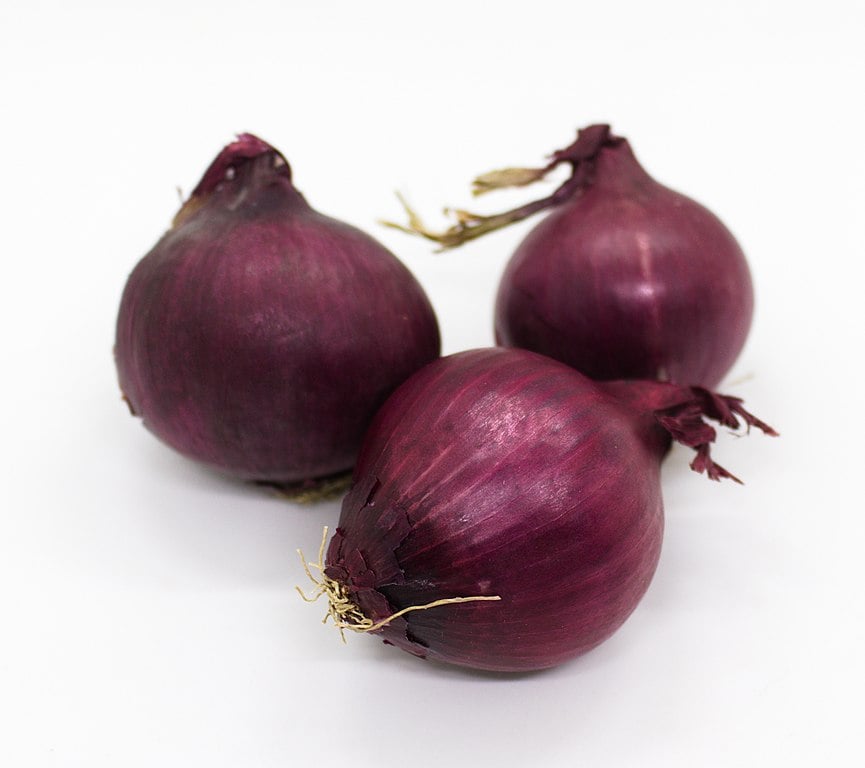
Allium cepa
For allergies, hay fever, or the common cold, when there are profuse tears, a runny nose with burning discharge, and sneezing.
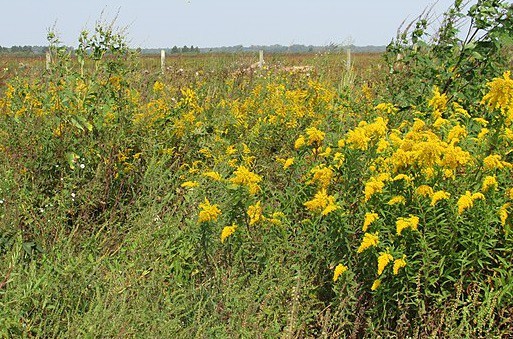
Ambrosia
Ragweed, when made into a homeopathic medicine, is useful for symptoms of hay fever when the nose is red, swollen, stuffed up, and sneezing. The eyelids are itching, the nose is bleeding, and respiration is wheezing.

Euphrasia
When the eyes are burning and irritated with profuse tearing, this homeopathic medicine may offer relief from seasonal allergies, colds, or conjunctivitis.
Photo by John Barkla, CC by 4.0
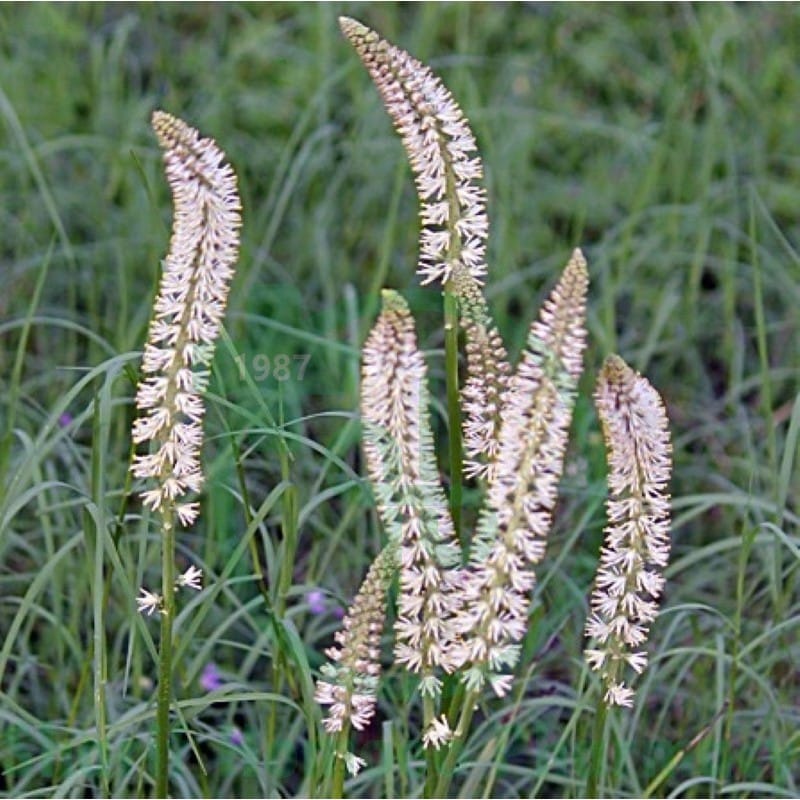
Sabadilla
When acute allergies are marked by fits of violent sneezing, with a runny, itchy nose and mouth, this homeopathic medicine can offer great relief.
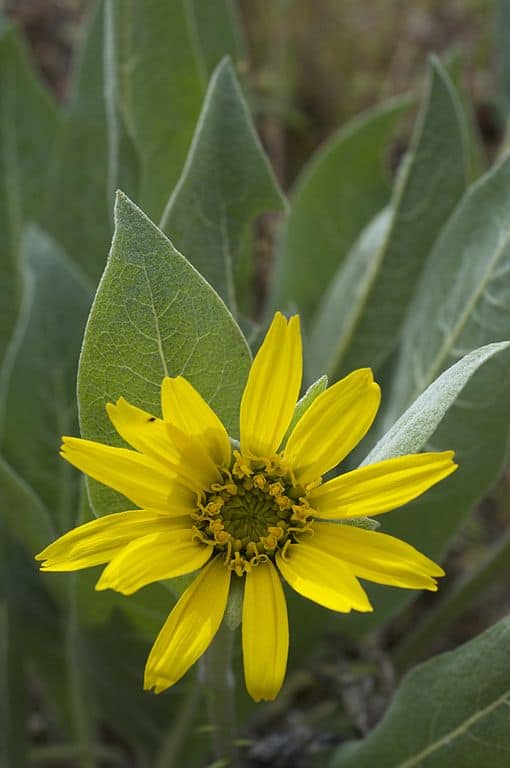
Wyethia
For acute allergies or hay fever that are accompanied by intolerable itching in the nose, throat, and soft palate, along with dryness in the nose, mouth, and throat, this homeopathic medicine can provide relief.
Photo by Eric in SF, CC by SA 3.0

